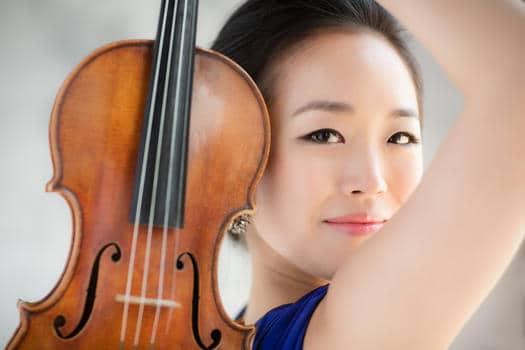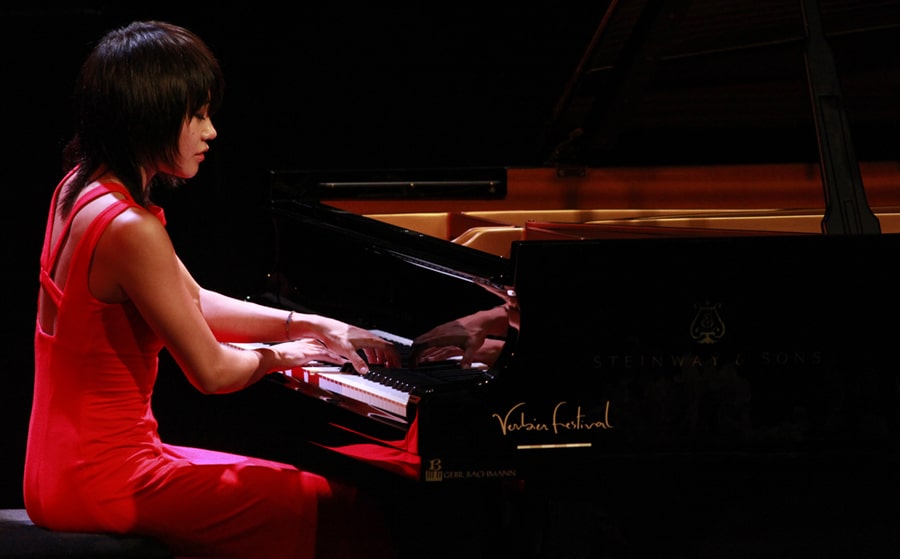Four questions for Dame Liz
mainBy popular demand – which is to say, her own insistence – the chair of Arts Council England will appear tomorrow before the House of Commons Culture Committee to rebut testimony by previous witnesses (myself among them) whom she regards as hostile.
The committee, in due fairness, has agreed to give her organisation a second hearing and Liz Forgan, if I know her, will appear formidably well prepared.
In equal fairness, let me offer the committee four good questions to set her off:
1 Why has the ACE, after being criticised by the Government for excessive bureaucracy, launched the biggest and least necessary bureaucratic exercise in its history, requiring every arts organisation in the country to reapply for its subsidy?
2 By what authority did the ACE unilaterally decide that arts merit should not be the chief criterion for granting public support? Other fulfiments required by the ACE include diversity, education, integration and equality. When and by which act of Parliament was the ACE authorised to act as an instrument of social engineering rather than a promoter of arts excellence?
3 Why was the ACE chief executive Alan Davey – a man who could barely remember his own name when asked by committee – awarded a 16 percent pay rise?
4 Who would Dame Liz like to nominate as successors to herself and Mr Davey?





It’s worth noting that, actually, there are several acts of Parliament relating to equality by which the Arts Council must abide, and which have a bearing on any organisations receiving public money. If a funded organisation fails to comply with such legislation, ACE is compelled to act. This is not to say that ‘diverse’ organisations who produce bad art are prioritised over ‘non-diverse’ organisations who produce better art. If this is your assertion, I’m not sure what evidence you have for it.
Secondly, if one takes the national arts infrastructure as a whole, isn’t quality of provision from the audience’s perspective also dependent upon there being a wide range of different artistic voices (one could call it diversity), producing work that appeals to people from different backgrounds. Do you not think ACE should have a role in shaping this landscape?
And do you think that arts organisations receiving public funding should have no responsibility for engaging with their local communities or for developing the audiences of tomorrow through education work?
I’d really like to know how exactly you think the arts in this country are suffering as a result of ACE’s interest in ‘diversity’, ‘inclusion’ and ‘education’. Do you believe promotion of such aims are incompatible with artistic excellence? I think many people would regard them as intrinsically linked. Does excellence reside only in the artwork itself, or also in the way the artwork reaches and engages an audience? Is this not the essence of the Arts Council’s Royal Charter:
“to develop and improve the knowledge, understanding and practice of the arts; to increase the accessibility of the arts to the public throughout Great Britain and to advise and co-operate with departments of Government, local authorities and other bodies on any matters concerned, whether directly or indirectly, with the foregoing objects” (1967)
In all honesty, has ACE really strayed so far from this?